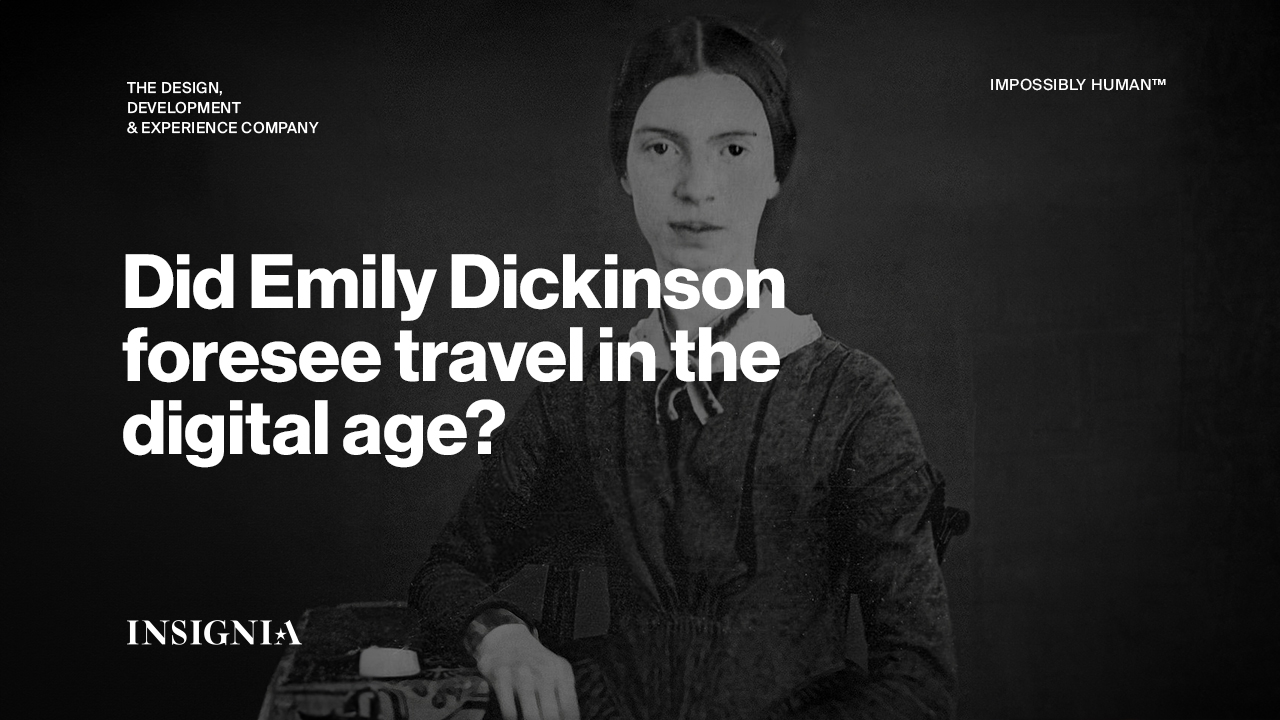Spain has long been the darling of holidaymakers. But as the calendar turns to December 2024, travellers heading to this Mediterranean paradise may find themselves grappling with a new kind of cultural experience: one of bureaucratic rigour and data scrutiny.
New rules, introduced under a royal decree, require accommodation providers and car-hire firms to collect an extensive set of personal details from visitors, including payment information. This information will be dutifully passed on to the Spanish government, ostensibly to bolster security and combat organised crime. Naturally, eyebrows have been raised; some in mild curiosity, others in sheer indignation.
The Spanish Confederation of Hotels and Tourist Accommodation (CEHAT) is less than thrilled. In a statement crackling with discontent, they argue that these measures could violate fundamental privacy rights and throw a spanner in the works for millions of sun-seeking visitors. To add a touch of legal drama, they’ve even hinted at possible court action1.
Critics have labelled the new rules as draconian and worry they may transform a breezy check-in experience into a Kafkaesque ordeal. Among the contentious elements of this policy is the requirement for visitors’ payment details to be stored for a staggering three years by car-hire suppliers. This seems, shall we say, a touch excessive. While securing holidaymakers’ safety is a noble endeavour, one can’t help but wonder if a few lines have been crossed in the process. It’s one thing to collect your passport number; it’s another to squirrel away payment details for the better part of a presidential term.
Does every Ford Fiesta rental in Barcelona really warrant such a data grab? Or does this feel like an overzealous surveillance tactic wrapped in the guise of good intentions? One could argue that the policy is less “security-conscious” and more “privacy-blind.”
Security measures, of course, are essential. But surely there is a fine art to implementing them without making visitors feel like suspects in an Agatha Christie novel. Instead of a “Big Brother” approach, where every detail is meticulously monitored, perhaps a “Little Brother” philosophy might be more fitting: one that combines vigilance with a generous dollop of common sense. Travel, after all, is meant to dissolve barriers, not erect new ones.
It’s a delicate issue, balancing the need for safety with the joy of exploration. Overreach, and you risk making the simple act of holidaying feel burdensome, even oppressive. Surely the goal should be to protect without alienating?
And so let us turn to the immortal words of Emily Dickinson who, in her poem There is no Frigate like a Book, captured the essence of what travel could and should be:
There is no Frigate like a Book
To take us Lands away
Nor any Coursers like a Page
Of prancing Poetry –
This Traverse may the poorest take
Without oppress of Toll –
How frugal is the Chariot
That bears the Human Soul –
Dickinson reminds us that the finest journeys are those unburdened by tolls. And if there’s a lesson to be drawn here, it’s that the toll of highly sensitive personal data might well belong in the same category.
Spain’s new entry requirements may be designed to enhance security, but they should also aspire to empower both hosts and guests alike. As these rules evolve, they must recognise that travel, much like Dickinson’s verse, which is unencumbered by full stops, is most inspiring when it flows freely.
Insignia Worldwide crafts new realities at the intersections of strategy and storytelling, by challenging what is humanly possible and creating what is Impossibly Human.TM
1 Spain entry requirements: what are the new rules for travellers? – The Times, December 2, 2024
